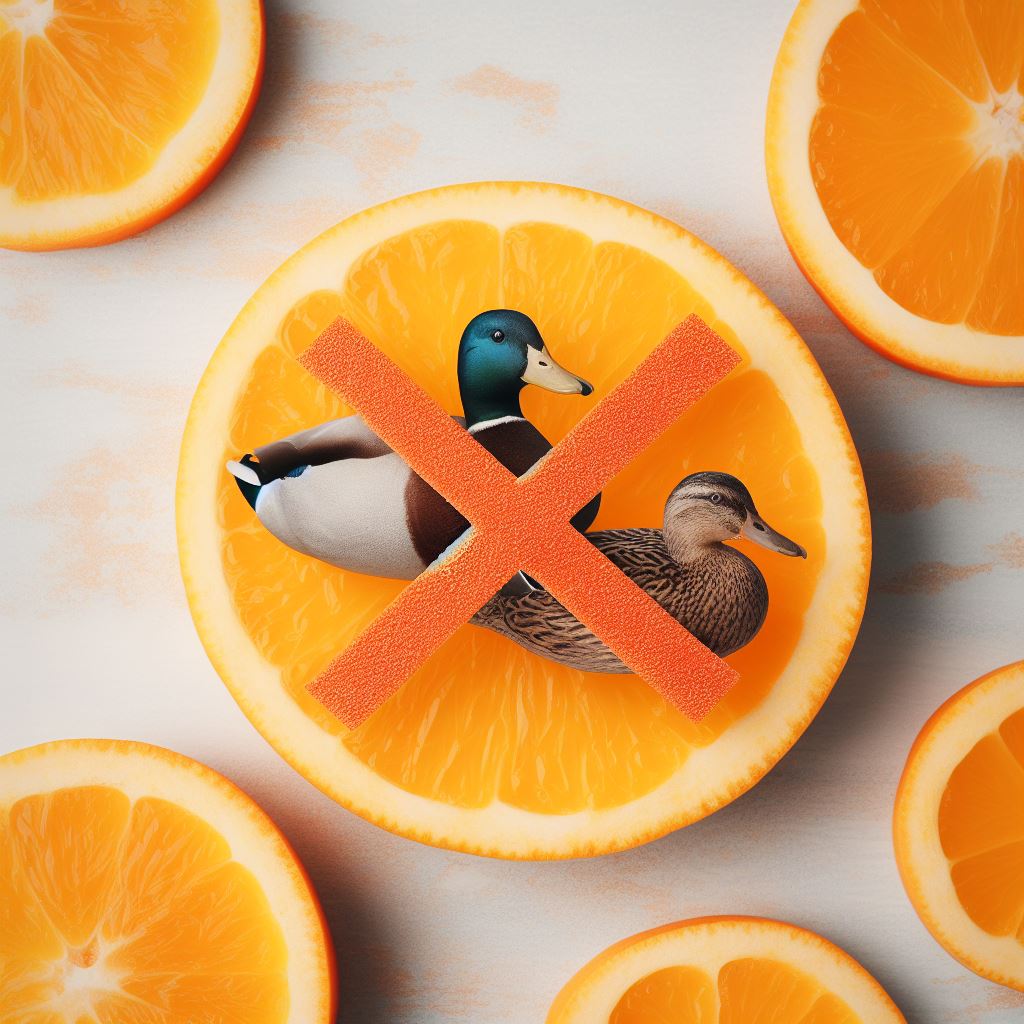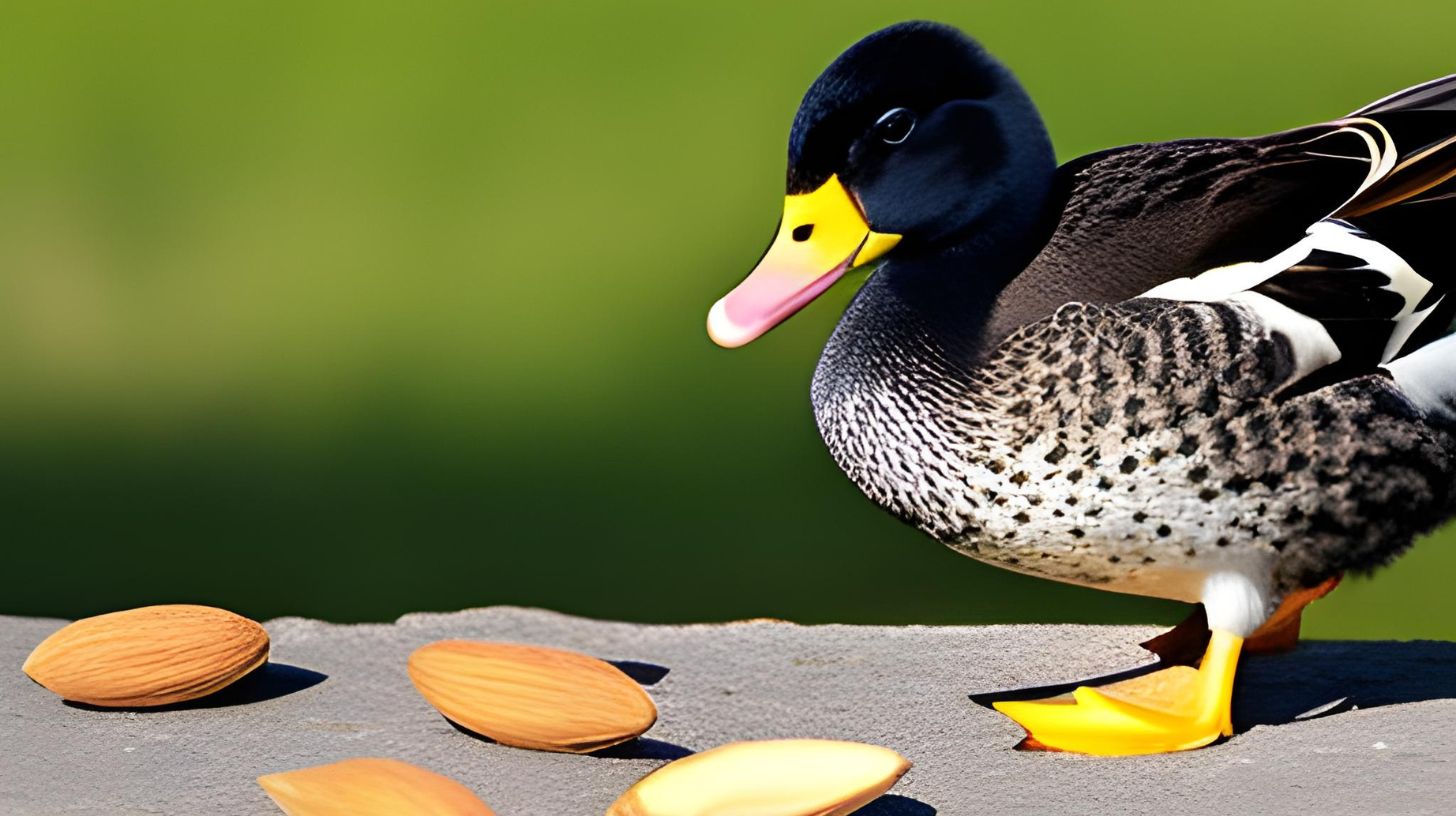Do Ducks Eat Cockroaches?

Table of content:
Cockroaches are one of the most resilient creatures on our planet. These insects can survive and thrive in all kinds of environments, which often brings them into contact with other animals. One such encounter is between ducks and cockroaches. But do ducks actually eat cockroaches? Let’s find out in this article.
Do Ducks Eat Cockroaches?
Now that we know a bit about ducks and cockroaches, let’s get to the main question – do ducks really eat cockroaches?
The answer is yes, ducks do eat cockroaches as part of their varied diet.
Being omnivorous birds, ducks are known to feed on all kinds of insects on land and in water. This includes beetles, flies, ants, mosquito larvae, water bugs, grasshoppers, and more.
Cockroaches contain protein and nutrients that ducks can benefit from. There are several observations of ducks eating cockroaches in the wild and in captivity:
- Mallard ducks kept on a farm were noticed eating American cockroaches infesting their coop. The ducks helped control the roach population.
- Muscovy ducks on a wetland reserve were spotted swallowing large cockroaches crawling on plants near the water.
- Captive ducks in an aviary pen eagerly ate Madagascar hissing cockroaches provided as part of their diet.
- Wood ducks dabbling in shallow water ate any cockroach that ventured close to the surface.
So in the right environment, ducks will readily feed on cockroaches. Their omnivorous instincts lead them to take advantage of the nutrients these insects provide.
Why Do Ducks Eat Cockroaches?
Ducks eat cockroaches for the same reason they eat other insects – as a source of protein, vitamins, and minerals.
Here are some key reasons why ducks will eat cockroaches when available:
- Protein content – Cockroaches contain a good amount of protein. Adult ducks need around 16-18% protein in their diet, which insects can provide.
- Foraging habits – As opportunistic feeders, ducks will eat any prey they come across through their various foraging techniques. Cockroaches are easy pickings if they venture near water bodies.
- Pest control – Eating cockroaches helps ducks eliminate these pests from their living space and surroundings. A duck coop with roaches benefits from the ducks that eat the insects.
- Nutrient balance – The fat, carbohydrates, vitamins, and minerals in cockroaches provide a balanced diet for ducks. This diversity is important for their health.
- Availability – In certain habitats like wetlands and urban areas, cockroaches may be abundant. Ducks consume them as readily available food.
- Accidental ingestion – While foraging for aquatic insects, vegetation or other prey, ducks may accidentally swallow roaches in the process. But they still derive nutrition from them.
So rather than being a preferred food source, cockroaches are a supplemental item in a duck’s diet. Ducks are opportunistic in getting nutrients from wherever they can.
Do Ducks Hunt Down Cockroaches to Eat?
Now you may be wondering – do ducks specifically hunt down cockroaches as a food source?
The answer is generally no. Ducks do not actively hunt and target cockroaches to eat. Here are some reasons why:
- Dietary preferences – Given a choice, ducks prefer eating more nutrient-dense prey like aquatic invertebrates, fish, and amphibians over terrestrial insects like roaches.
- Foraging behavior – Ducks employ various foraging strategies based on the food type. Standing water is their prime foraging zone where they can catch small aquatic animals. They are not adapted to hunt land-based insects.
- Energy cost – It would take a lot more energy for ducks to chase down roaches on land compared to picking floating insects from water. The effort outweighs the rewards.
- Availability – Unless there is a roach infestation near water, the insects spread out and may not be available in large enough numbers for ducks to specifically hunt them.
- Competition – Roaches living alongside ducks are likely to be eaten by other predators as well, reducing their population over time.
So while ducks will eat roaches that happen to be around their foraging areas, they will not seek them out as a primary prey. Cockroaches are more like a snack than a full meal!
Do Ducks Control Cockroach Populations?
Ducks may not devour cockroaches in large numbers, but they still help control roach populations through predation. Where ducks and cockroaches exist together, the opportunistic feeding by ducks on roaches can stabilize their numbers.
For instance, a flock of ducks near a water body with lots of roaches will definitely eat a good amount. Mallard ducks are especially common in urban wetlands and help keep associated roach populations in check.
Muscovy ducks are another predator of cockroaches, sometimes being used specifically for roach control on farms for this reason. Their hissing sound is said to scare away roaches as well!
However, ducks alone cannot fully eliminate or control an existing cockroach infestation. That requires dedicated pest control measures. But ducks do contribute to reducing the numbers and preventing rapid growth in roach populations in shared environments.
Do Ducklings Eat Cockroaches?
Adult ducks certainly include cockroaches in their varied diet. But what about ducklings, the juvenile ducks?
Ducklings generally do not eat cockroaches. Here’s why:
- Dietary needs – Ducklings need a high protein diet for growth and development. Their prey includes small worms, larvae, mites, flies etc. with higher protein than roaches.
- Foraging ability – Ducklings cannot forage as effectively as adult ducks. They have limited capability to catch fast-moving insects like roaches on land.
- Size – Newly hatched ducklings have tiny beaks and jaws unsuited to swallowing large roaches. They may choke trying to ingest bigger roaches.
- Parental diet – Ducklings are partly dependent on their mothers for food initially. The hens provide pre-caught, high-protein aquatic prey rather than terrestrial roaches.
- Availability -stay close to the mother duck and water bodies where tiny aquatic organisms are abundant. Roaches are not common in their foraging range.
As ducklings grow, they start catching bigger prey and include roaches occasionally. But juvenile ducks get optimal nutrition from aquatic sources and stay away from roaches for the most part.
Conclusion
Ducks and cockroaches inhabit overlapping environments across the world. Though not a preferred prey, cockroaches do feature sporadically in a duck’s diet. Ducks appear to opportunistically feed on roaches venturing near water bodies, gaining some nutrition in the process.
While not actively hunting them down, ducks can help curb cockroach populations in shared habitats. So the answer to our original question is – yes, ducks do eat cockroaches, but only in certain conditions! Their predation is more incidental rather than intentional. Hopefully this sheds light on this fascinating duck-roach dietary relationship.
Welcome. I’m Adreena Shanum, the proud owner of this website, and I am incredibly passionate about animals, especially poultry. I founded adreenapets.com as a labor of love, stemming from my desire to share my knowledge and experiences with poultry enthusiasts worldwide.




